GeoNet, the fusion-funded interdisciplinary seminar project, held our first lunchtime session ‘A conversation about climate change’ recently. We were really pleased to see the Coyne so packed out (come early next time to be sure of getting a cookie!) with a wide range of students, PGRs and staff from across the university. Short talks to introduce the panel members (covering both the impacts of climate change and how these are communicated) were followed by a very interesting discussion. We considered how terms are often used out of context or incorrectly (for example the ‘Anthropocene’ in the geological sense of the word would be classified after the fact). It was also interesting for me personally to discover why there is often false balance in the media when climate change is discussed – the reporters have to use a political template (because climate change is a politicised subject) and this template calls for equal representation of the views of all sides. Of course this results in a poor representation of the state of scientific knowledge.
We also discussed the right of non-scientists to enter the debate – this is based on a democratic right to have an opinion but not necessarily on knowledge. The cult of celebrity was an interesting topic, not something that I expected to be discussing in the context of climate change, but perhaps we need more celebrities to support David Attenborough in representing environmental change. Leading on from this, we discussed whether scientists should have more media coverage. Whilst this might seem an obvious way of increasing public knowledge, it could backfire because scientists have a general lack of media training, lack of experience in delivering ‘soundbites’ and have to acknowledge uncertainty, which can negatively affect the public perception of them as experts. We decided that social media might be the answer, as it is not bound by the politicised template and can provide a platform for scientists to talk about their findings, as well as allowing discussions to enable understanding of what uncertainty actually means.
Our next two events are The Hero’s Journey of Alfred Russel Wallace in Southeast Asia from 18.00-19.30 on the 10th March in Barnes Lecture Theatre and Low carbon cities: why and how from 12.00-13.00 on the 17th March in TAG02. Tea, coffee and cookies will be provided at both and active participation is encouraged!
Booking is necessary for the 10th March via http://www.eventbrite.co.uk/e/the-heros-journey-of-alfred-russel-wallace-in-southeast-asia-tickets-13409922439 (free to BU staff and students)

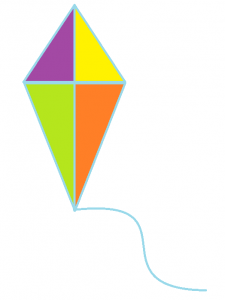

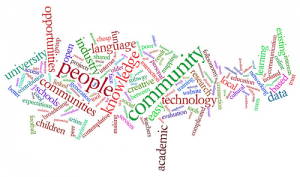

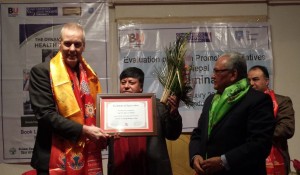
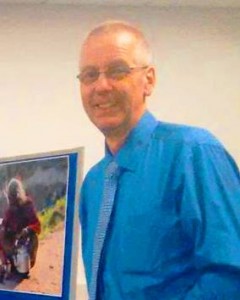
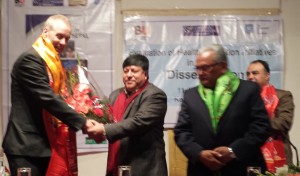

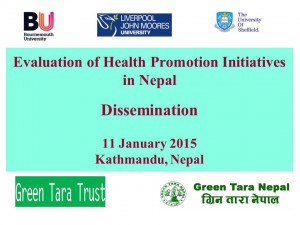
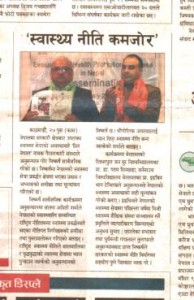
 Sue Thomas will be giving a short talk about wired well-being at this event dedicated to two projects by
Sue Thomas will be giving a short talk about wired well-being at this event dedicated to two projects by 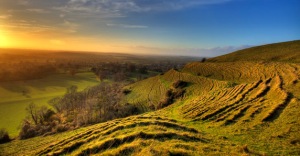
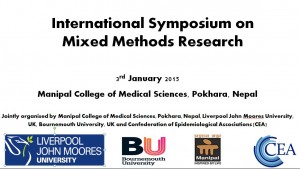
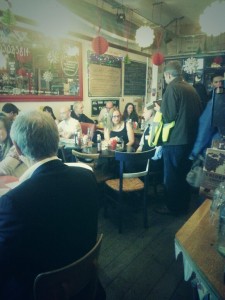
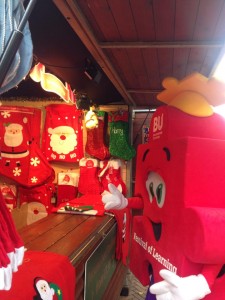
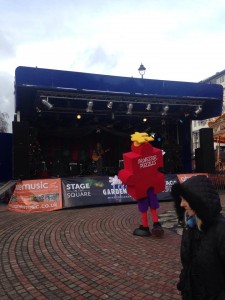
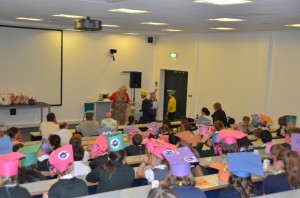

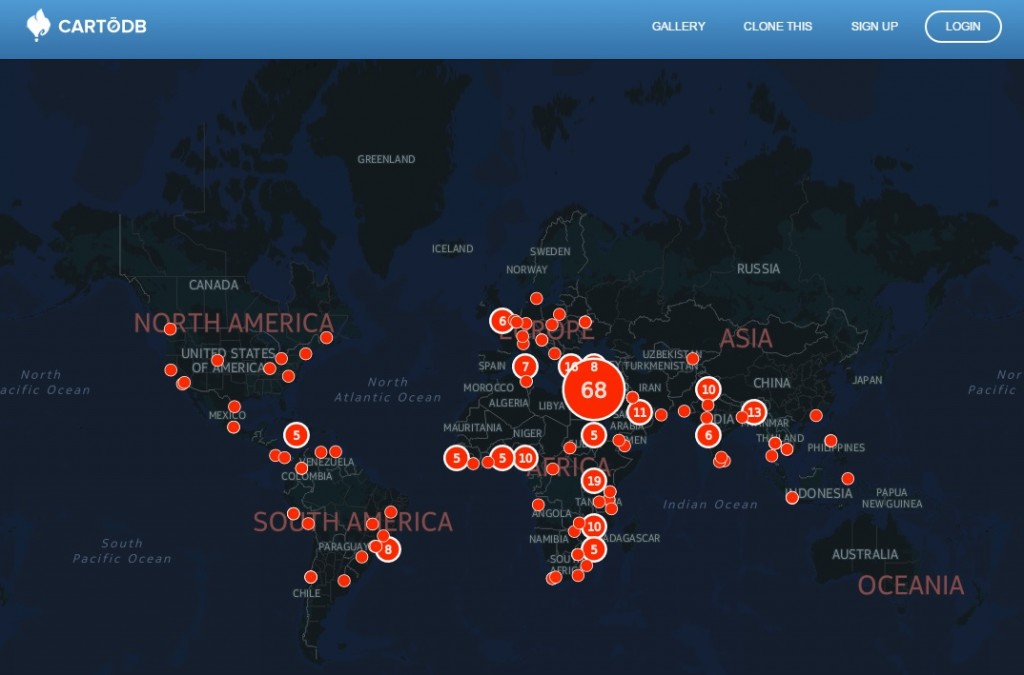
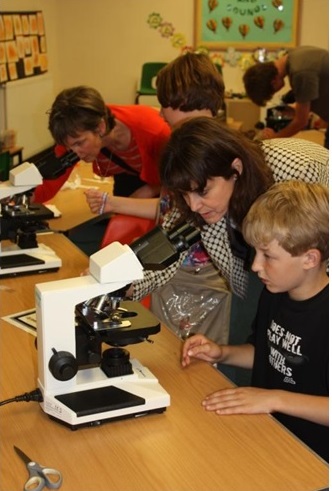
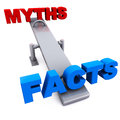
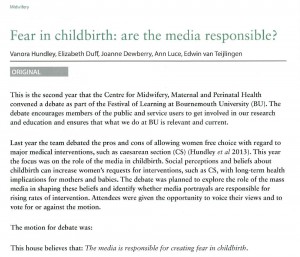
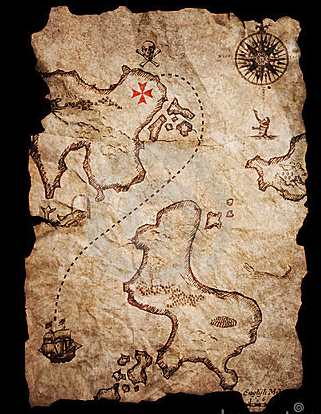












 SPROUT: From Sustainable Research to Sustainable Research Lives
SPROUT: From Sustainable Research to Sustainable Research Lives BRIAN upgrade and new look
BRIAN upgrade and new look Seeing the fruits of your labour in Bangladesh
Seeing the fruits of your labour in Bangladesh Exploring Embodied Research: Body Map Storytelling Workshop & Research Seminar
Exploring Embodied Research: Body Map Storytelling Workshop & Research Seminar Marking a Milestone: The Swash Channel Wreck Book Launch
Marking a Milestone: The Swash Channel Wreck Book Launch ECR Funding Open Call: Research Culture & Community Grant – Application Deadline Friday 12 December
ECR Funding Open Call: Research Culture & Community Grant – Application Deadline Friday 12 December MSCA Postdoctoral Fellowships 2025 Call
MSCA Postdoctoral Fellowships 2025 Call ERC Advanced Grant 2025 Webinar
ERC Advanced Grant 2025 Webinar Update on UKRO services
Update on UKRO services European research project exploring use of ‘virtual twins’ to better manage metabolic associated fatty liver disease
European research project exploring use of ‘virtual twins’ to better manage metabolic associated fatty liver disease